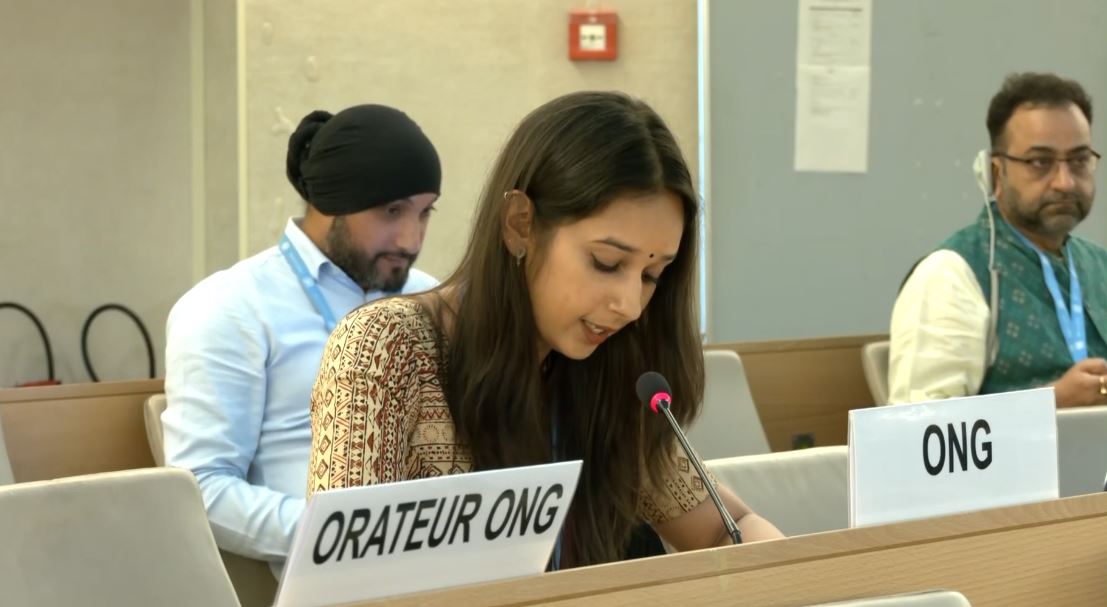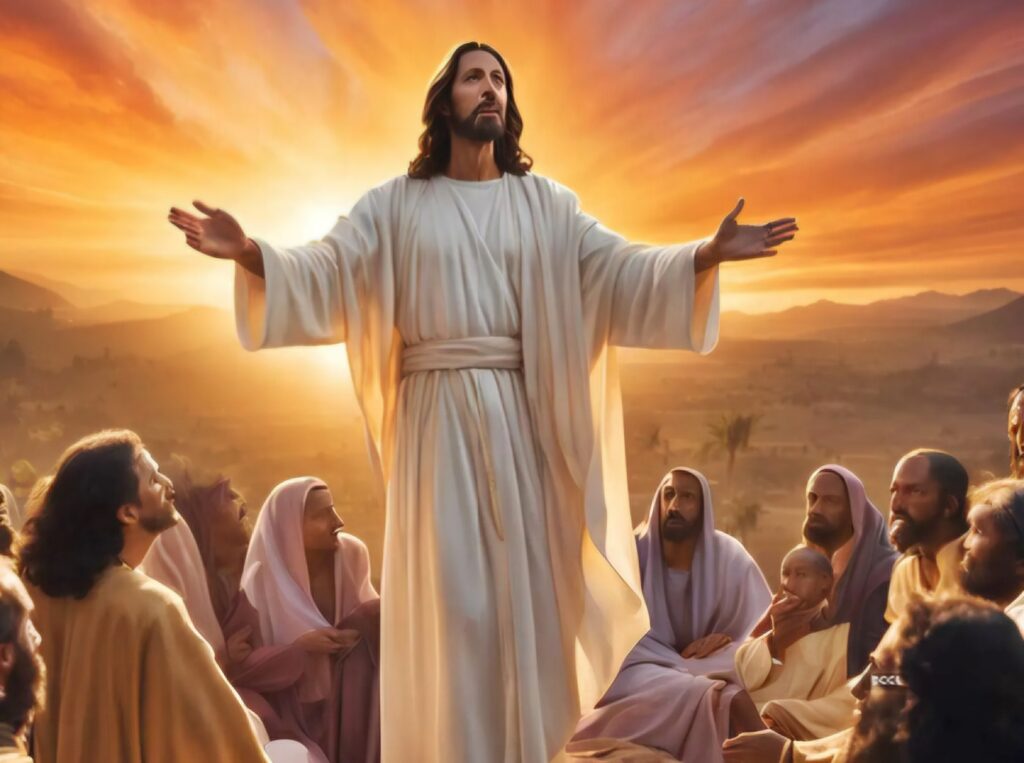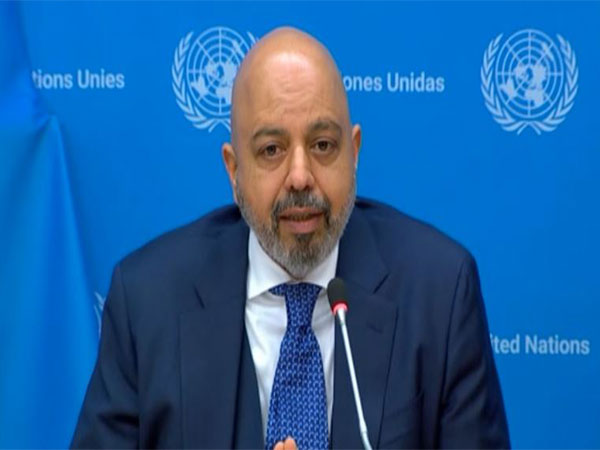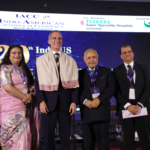Indian NGOs report progress on women’s empowerment, gender equality to UNHRC

NGOs from India participated at the 54th Session of the United Nations Human Rights Council (UNHRC) informing the world about the country’s efforts towards women empowerment and gender equality.
Speaking during the UN’s Annual discussion on the ‘Integration of a Gender Perspective’, a social activist and founder of Akshar Foundation, a women-led NGO based in India, Parmita Sharma said they believe the goals of poverty eradication and gender equality go hand in hand.
Parmita Sharma said “To achieve the goal of equal integration of women’s perspectives in the Human Rights Council and other UN bodies, and in governance more broadly, we need a strong focus on girl’s education…” She further added that with vocational training in nursing, tailoring, teaching, and electronics repair, combined with apprenticeships to professionals, we can ensure girls secure gainful livelihoods and the ability to provide for themselves and their families.
The social activist also highlighted that India’s historic decision of passing a new law reserving one-third of Parliament seats for women. She added, “We request the Council and other international bodies to do more to increase the participation of girls and young women from developing nations in sessions like this one with scholarships and travel assistance…”
She also highlighted that India has undertaken initiatives to train girls in self-defence and has encouraged their participation in the National Cadet Corps, where a majority of the participants are girls aspiring for careers in law enforcement. As a result of these efforts, there has been a noticeable increase in girls’ retention in schools and a decline in child marriages within the underserved communities. Activist Sharma also said that the girls are now opting to delay marriage and child-rearing until they reach adulthood, marking a significant departure from the practices of previous generations.
Speaking to media, Chief functionary of India Water Foundation, Shweta Tyagi said “All the developments that are happening right now in India in the past decade are women-led. If you look at the different schemes that India has brought out, especially water and sanitation, women are at the basis of all those schemes. In rural areas, women have helped the most in the schemes like Jal Jeevan Mission and Swachh Bharat Mission.”
The UN High Commissioner for Human Rights, as conveyed by spokesperson Ravina Shamdasani, urged parliamentarians worldwide to embrace legislative measures, including the possible implementation of gender quotas, to ensure that women’s voices take a central role in their nations’ political discussions, achieving full parity with other stakeholders.









